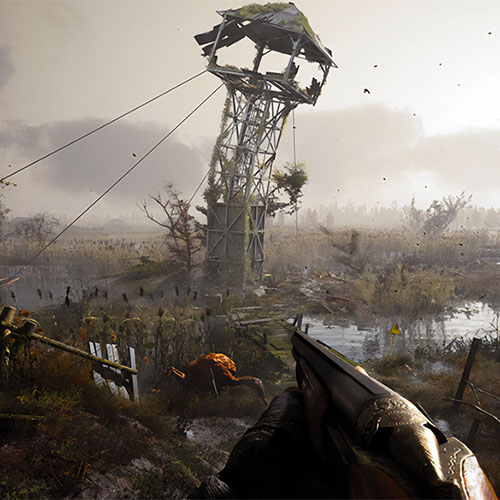They’re going extinct, and with good reason.
Loot Boxes Are Going the Way of the Dodo
Loot boxes are going the way of the dodo. The gambling-based monetization systems of video games may soon be a thing of the past — thanks to new laws in Europe and China, which bar video game developers from the predatory practice that calls on gamers to purchase loot boxes for a chance to unlock new items.
Video games like Overwatch and numerous free-to-play MMORPGs are among those affected by new government restrictions in the Netherlands and Belgium, and the United Kingdom might soon follow suit. The move to clamp down on gambling-based systems comes as governments raise their concerns over the detrimental effects of gambling, especially on younger players.
While this may seem like a negative for game studios that earn most of their income from each pull of the slot machine, developers have figured out ways to remain profitable through other means — and they’re now capable of doing so without treating their customers like gambling addicts.
Enter seasonal battle passes. First popularized by Fortnite, and then Call of Duty and Apex Legends, the system has seen a lot of success, and to top it off, players can now spend more time actually playing the games instead of opening their wallets. Just as well, the battle pass model typically comes with an in-game item store that allows players to buy the cosmetic items they want at a set price. Getting what you paid for? How preposterous.
Battle passes serve as an almost guaranteed subscription service charged each month or season. And the number of items available and how rare said items will become make them a worthy investment for the gamer — especially those who play a lot.
It’s worth noting that the system is different from any subscription-based game like World of Warcraft, in that players don’t need to pay for it. It’s purely optional, and the benefits are typically cosmetic in nature. It’s all about looking cool, and what’s more important than that?
In addition to being a decent value for the money, the battle pass is also a retention and engagement feature. You need to play the game to level up the pass. After all, you wouldn’t want to spend money on something you had no intention of using — and the battle pass encourages players to return again and again, effectively keeping the community alive and preventing the games themselves from dying.
It’s easy for developers to implement the system by allowing it to function as a paid progress bar. The players feel rewarded for engaging in the games themselves thanks to the psychological triggers associated with the battle pass; every one of them comes with a set of rewards for every milestone, with one at the end that makes the whole endeavor worthwhile. And for players who simply enjoy the games, it’s the icing on an already tasty cake.
For many, it’s a move in the right direction for an industry that now faces skyrocketing development costs, and it also encourages developers to keep putting work into their titles to ensure players want to pay into the system. After all, if the developers can’t deliver constant and consistent updates, then the system falls flat on its face.
Moving forward, games that reject the system and remain committed to loot boxes are going to lose out on revenue in countries where gambling in video games is banned and struggle with user retention. After all, video games aren’t created in a vacuum.
With so much competition out there, games that actively prey on their customers aren’t going to be very popular, and without the user retention that battle passes offer, they’ll be just as dead as the loot boxes to which they cling.
You mean playing for the joy of winning now constitutes a radical “new” approach? … We missed a memo somewhere in the last 20 years (although full disclosure, the one regarding gaming trends hardly qualifies as the only memo missed). More full disclosure, before attempting editing this article, we tried to research by searching “Loot Box” which led us to Amazon. It gave us a lot of results, but somehow it may not have been all that helpful. Gamers kind of live in their own world(s). Have you noticed?






















